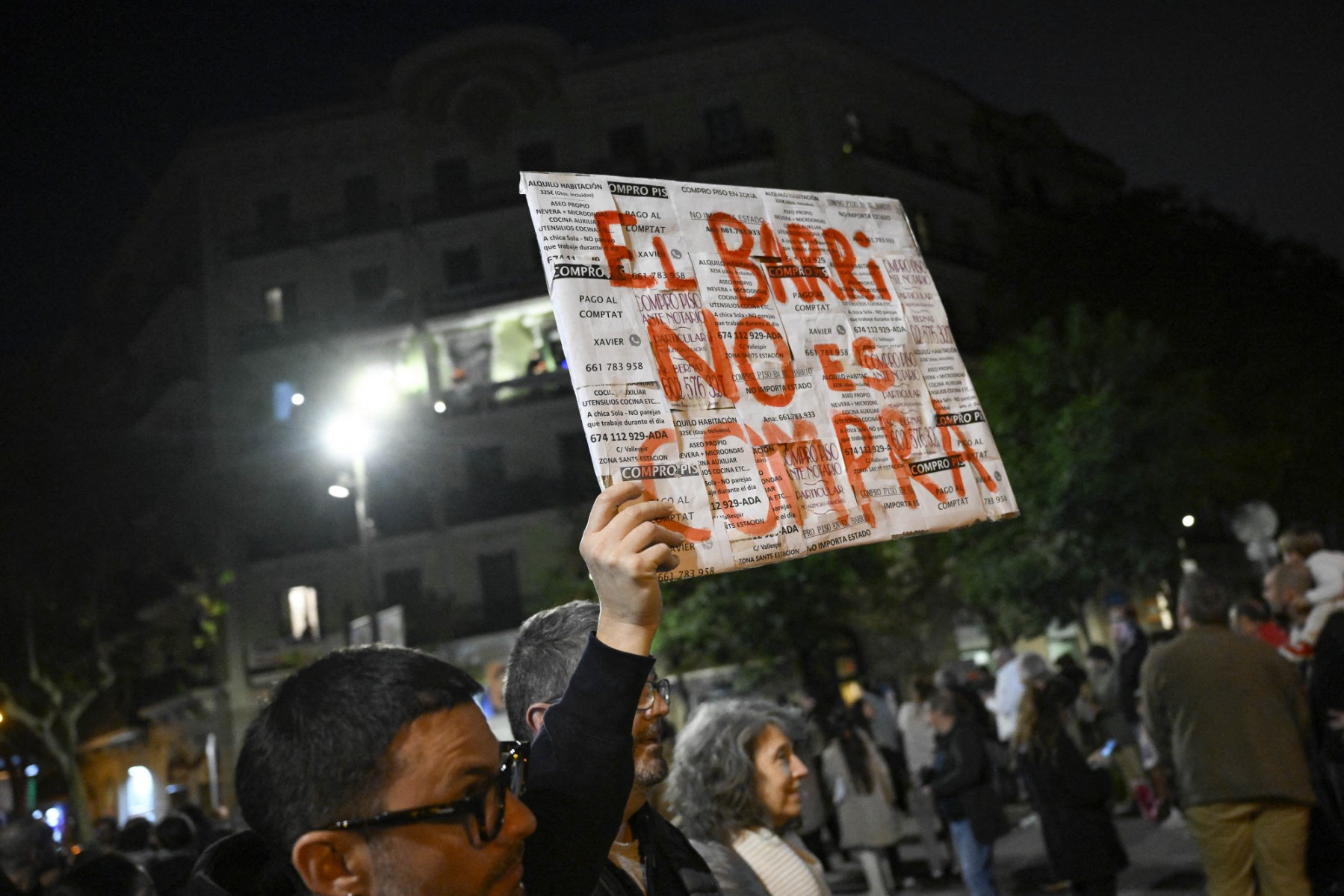Inside Spain: Another bid to limit foreign buyers and house brands rule

In this week’s Inside Spain we look at renewed attempts to require foreign residents to get a permit to buy property if they haven’t lived in the country for five years, and how Spanish supermarkets’ house brands are no longer considered bad.
If foreign property buyers from wealthy Western nations currently feel targeted by the Spanish government, it’s not hard to understand why.
In April, Pedro Sánchez’s administration scrapped the golden visa residency scheme which gave non-EU nationals Spanish residency in return for buying property worth €500,000.
Last week, the ruling Socialists officially lodged their proposal to charge a 100 percent tax on non-EU non-resident property buyers, effectively doubling the price they pay for homes in Spain.
There have also been proposed foreign property ownership limitations put forward by authorities in the Canaries and the Balearics.
And most radical of all was the suggestion submitted by Catalan separatist party ERC to require actual foreign residents to apply for a permit to buy a Spanish property if they haven’t become permanent residents yet. In other words, if they haven’t officially resided in Spain for five years.
This proposal was rejected by Spain’s Congressional Housing Committee in late April, but now ERC are trying to get such a law passed only in Catalonia.
The idea is the same as that shelved a month ago - a regional authorisation system whereby foreigners planning to buy a home would first have to prove their eligibility by applying for a permit from the housing department of the region where the property is located, in this case Catalonia.
The criteria for this would be first proving five years of continuous residence in the country, so it would exclude those with a temporary resident card from being able to buy a home.
The initiative will be debated in the Catalan Parliament next week.
“You can’t have a situation where a firm on the other side of the world buys real estate for speculation,” ERC MP Mar Besses said.
ERC’s Secretary General Elisenda Alamany has also defended the proposal by saying that “we want people who buy to show their commitment to the city (Barcelona), as it’s the way to guarantee our identity and communal lifestyle.”
Both points made by members of ERC are certainly valid and understandable, but they seem to be more directed at investment companies as opposed to the temporary residents who they are looking to stop from buying homes.
Can their residency in the northeastern region and desire to buy a home there be considered “speculation”?
Just as is happening with the crackdown on Airbnbs in Spain, the lines between huge businesses focused just on profits and people with one or two homes in Spain are becoming blurred.

In other matters, there was a time not long ago in Spain when buying Mercadona’s Hacendado house brand was almost seen as defining one’s class or socioeconomic status.
The idea for many was that if these marca blanca (house brand) products are cheaper, they must be of a worse quality.
It’s a silly concept most of us are guilty of at some point, one which doesn’t factor in the lower cost of distribution, packaging and marketing for supermarkets who produce their own products.
Fortunately, through a combination of necessity and change of mentality, Spanish shoppers have gotten over their prejudices about house brands.
Spaniards buy 20 percent more house brands now than they did in 2003, representing 44 percent of their grocery shopping, according to a study by Kantar for Spanish business daily Expansión.
In some cases, the percentage is even higher: Lidl (82.1 percent), Mercadona (74.5 percent), Carrefour (40 percent), Día (57 percent).
And according to their findings this shift isn’t just about tightening one’s belt because of the rising cost of living, although they admit that this has been the catalyst.
Supermarkets in Spain have developed their own premium differentiation strategy - with different categories of house brands - which has broken the traditional monopoly of the big name brands.
Now the marca blanca isn’t “the worst option” but the “cheapest option”, and this change of perception makes a difference.
Unfortunately, the downside of improving house brand products - whether in reputation, appearance or actual quality - is that they’ve been getting more expensive. Then again, what hasn’t?
thelocal





